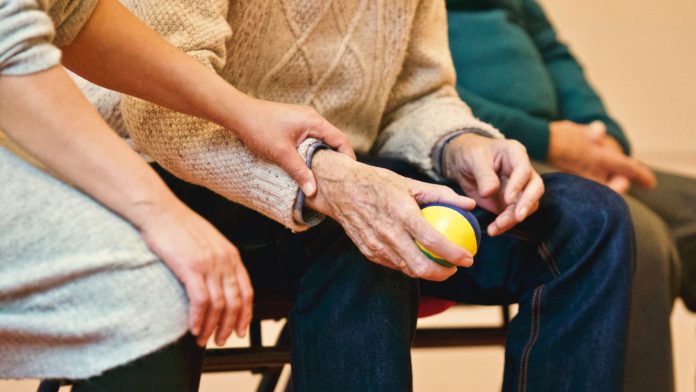Seeking to protect seniors and other individuals living in Pennsylvania’s nursing home facilities, personal care homes and assisted living residences, Speaker of the House Mike Turzai (R-Allegheny) is proposing legislation that would establish a framework to help these facilities keep loved ones safe.
“Pennsylvania needs to protect our most vulnerable citizens, our seniors, many with underlying health issues. This proposal, developed by medical experts in our state, is a direct response to the COVID-19 crisis here. These settings are not fully equipped to protect their residents; we need the expertise of Pennsylvania’s outstanding academic medical experts, who are located in every region of the state,” he said.
As just reported today by the Department of Health, Pennsylvania has had 3,416 deaths attributable to COVID-19. Of those 3,416 deaths, or 69 percent, were citizens who lived in a nursing home or personal care home.
Turzai’s legislation would establish a coordinated, collaborative public-private partnership approach of regional health system collaboratives. These health collaboratives would administer/manage personnel, protocols, testing and expenditures to protect the seniors in these facilities.
According to Turzai, these health collaboratives would ensure consistency of programs, response, and study of clinical and public health outcomes.
Turzai has worked with UPMC experts to develop this plan to protect those most vulnerable to COVID-19. UPMC experts prepared, at the Speaker’s request, a prototype for southwest Pennsylvania and developed a construct for the entire state, much of which is embodied in his legislation.
The legislation will also provide an appropriation of $500 million from Pennsylvania’s allotment of $3.9 billion in COVID-19 money from the federal government.
An important component of the legislation is the Speaker’s decision to use the Commonwealth Financing Authority to distribute the funds to these academic health systems. He said the key to use of these funds is to get the funding into the hands of the private sector entities that can best implement and manage protocols, personnel, testing, data collection, quarantining, cohorting and oversight in a prompt, flexible and innovative manner.
The money would be appropriated to the CFA for distribution to the health collaboratives. The CFA would divide the state into regions delineating all of the facilities within the parameters of a region. There are 697 nursing homes statewide, 1,143 personal care homes and 58 assisted living facilities.
After receiving proposals, the CFA would contract with health collaborative administrators (which must be academic health systems) to operate, manage and administer the program in each region to protect residents in these facilities from COVID-19.


